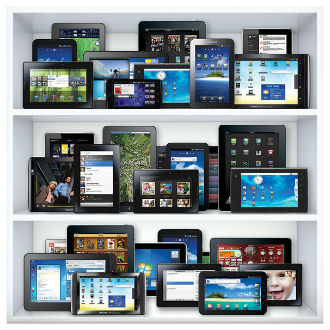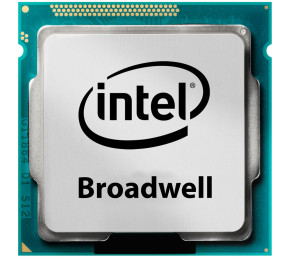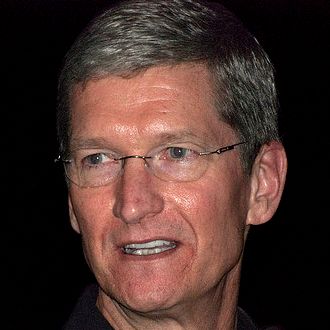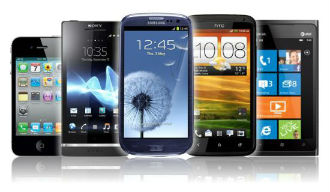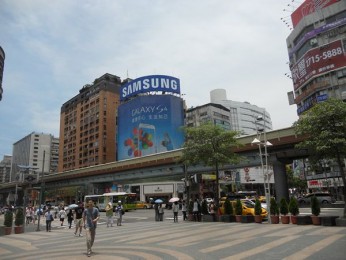 As part of its push to dominate the cloud, software giant Microsoft is giving away free Office 365 subscriptions to students outside the US.
As part of its push to dominate the cloud, software giant Microsoft is giving away free Office 365 subscriptions to students outside the US.
Schools will have to buy subscriptions for staff and faculty, but once they do, students – and even teachers – can self-install for no charge by using a school-issued email address at the Office in education website.
This will give Microsoft a huge customer base for its products, after signing up, kids will get access to the newest Office, Excel, PowerPoint, OneNote, Access and Publisher, and be able to install them on up to five computers and five phones or tablets.
An account also comes with Office Online and a 1TB of OneDrive storage.
The move could totally kill off moves by Google to get its cloud storage system into schools, or for that matter Apple’s push to get its expensive tablets into the education market.
The advantage of Microsoft giving away the software to school kids is that it instils a generation with training on its software which will be carried over to business decisions made later in life.
In the US, Apple and Google have been making inroads into the schools market, based on marketing in Apple’s case and cheaper software in Google’s.

